Montessori Science Made for You
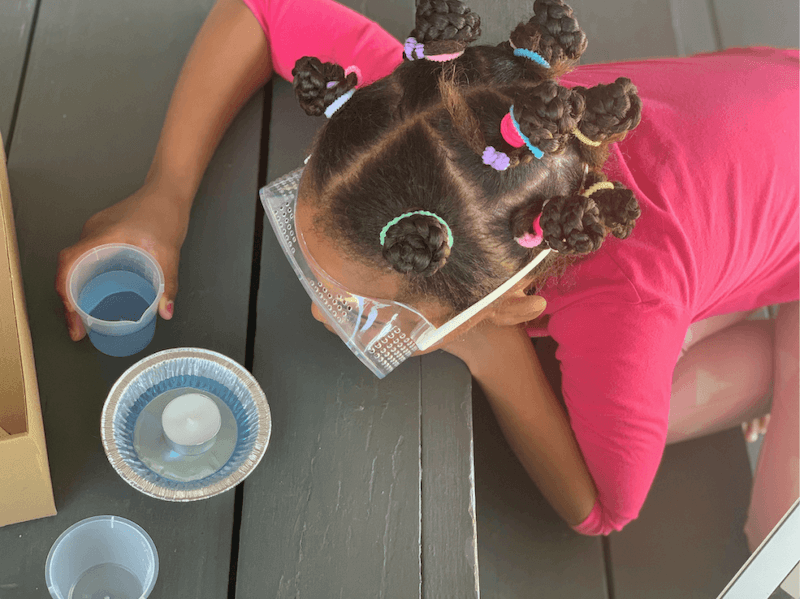
Every child is a scientist in the making. That’s because, just like chemists, geologists, and stargazers, they learn by doing. Montessori science has always gone beyond building theoretical knowledge for testing purposes and instead engages kids to actively explore the world around them. And now, our company Montessori Laboratory is bringing this same approach to science to homeschools and classrooms across the country.
Table of Contents
- Meet Montessori Laboratory
- What is Montessori Science?
- Creating a Montessori Environment in Your Home
- Get to Know Montessori Laboratory!
- Try Montessori Laboratory’s Hands-on Science Lessons for Free
Meet Montessori Laboratory
You’re never too young or too old to be amazed at the universe. From physics to plants to animals and more, everything that we know so far about life and our environment has started with questions like:
- Where does rain come from?
- Why does it get cold in the winter?
- How do birds fly?
- What does your brain look like?
Questions help us discover and learn. Their answers guide our understanding of why things are the way they are, which often leads to more questions. Most importantly, they keep us curious. They prove that learning is a never-ending journey, one that we should treat as an opportunity to grow rather than a requirement on a curriculum checklist.
We’re a dedicated Montessori science company that creates educational materials and kits to evoke that sense of wonder. We aim to take the prep work and guesswork out of developing a Montessori science curriculum and supplemental materials so that teachers and their students can focus on learning.
All of our resources are made with simplicity in mind. Self-guided materials follow an easy-to-understand format so students can take charge of their experience. We believe that when students are engaged and want to learn, they are in a better position to remember the things they experience and can put all that great knowledge to work.
What is Montessori Science?
We’ve made Montessori science the “nucleus” of everything we do, including sharing its ins and outs with those who might not be aware of the Montessori approach.
Science is science, no matter how you slice it. But Montessori science is different in the way that it’s taught. With Montessori education, children become more hands-on in the learning process. Lessons are designed to engage all the senses — sight, sound, taste, touch, and smell — and provide more than surface-level insight into the things they learn about.
For example, children learning about zoology might begin by sorting animals into vertebrates or invertebrates. Building on these skills, the next step might be to sort through the various animal classes, and then visit a zoo to see their lessons come alive. They might observe a caterpillar’s transformation into a butterfly instead of just reading The Very Hungry Caterpillar.
Overall, children are introduced to advanced science topics in their early years, ranging from chemistry to botany to physics to astronomy. This prepares them for a lifetime of learning and exploring while systematically observing activities, collecting data, and asking (and answering) questions.
Creating a Montessori Environment in Your Home
While there are dedicated Montessori schools that focus on this style of teaching and learning, you can also bring Montessori home. Any type of learning that is child-led and doesn’t solely rely on textbooks has the inklings of a Montessori approach. Do as little as or much as you and your child like — just like in science, the sky is the limit!
Here are our best tips for integrating Montessori into your homeschool, classroom, or everyday life:
Encourage Independence
Kids that learn how to become problem solvers grow up to be capable adults. You can encourage independence by empowering them to use their judgment and take action in situations.
For example, if you don’t have all of the materials for a science experiment they want to do, encourage them to research the materials they need, and make a list to go to the store with.
If you want to take it one step further, give them a budget, and let them lead the shopping trip too. Bonus points for using exact change to pay!
Tackle Tough Tasks and Topics
Children are often capable of doing and understanding much more than parents realize. Let your child get more hands-on at home, even if it means attempting things you might think are out of their reach. You can easily bring science into your kitchen by letting them experiment with how different flour ratios affect cookies rather than just measuring out the ingredients yourself and leaving them to do the job of “the mixer.”
A broad range of experiences can help with everything from motor skills to executive function, and lead to questions and curiosity about the things they’re doing.
Treat Every Experience as a Learning Opportunity
The Montessori Laboratory team knows there’s never a “bad” time to learn. Whether you’re navigating the cold section of your grocery store or enjoying a peaceful nature walk, science is working all around us. Take time to point things out to your young learners, and take the time to listen when they point things out too! Observations are what fuel their zest for scientific discovery.
Get to Know Montessori Laboratory!
We started with a single question: How can we make Montessori science more accessible to parents and children? That led to our Montessori Laboratory program that now spans over twenty countries and has helped hundreds of families in the Montessori community who are interested in the approach.
Parents and teachers can enroll in one of our programs designed for their needs. We offer an online-only format that includes downloadable and printable materials, as well as a hybrid program that offers an online classroom and science materials delivered to your home or school. Many of our users choose the hybrid program because it takes the time and guesswork out of sourcing materials.
We invite you to get to know Montessori Laboratory a little better and how we can help you learn more about science! Check out our membership options today.
Try Montessori Laboratory’s Hands-on Science Lessons for Free
The First Great Lesson
Where did the stars come from? And the Sun? How was our Earth created? And what about the rest of…
Combining and Separating
Why does sand settle to the bottom of the ocean, but salt mixes in? How do people get sea salt out…
How Did Humans Discover Fire?
When did we start using fire? What 3 components does fire need to burn?
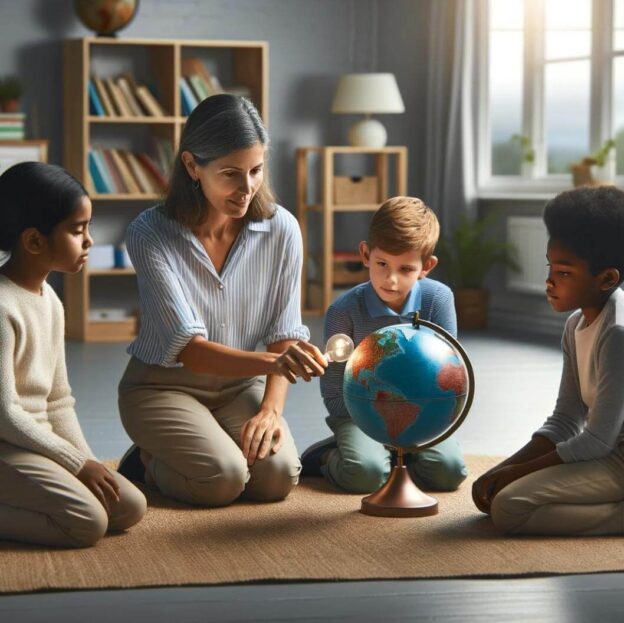

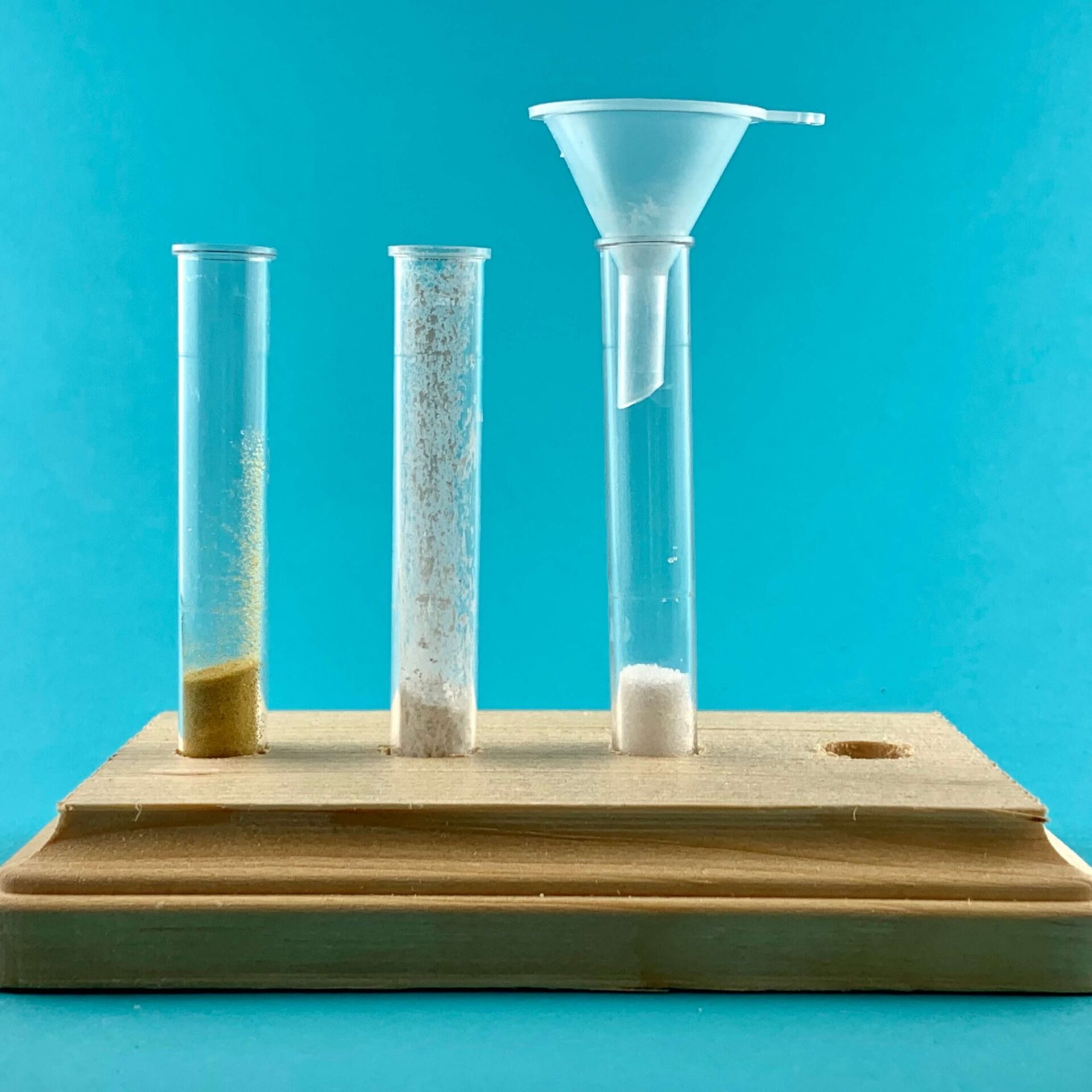
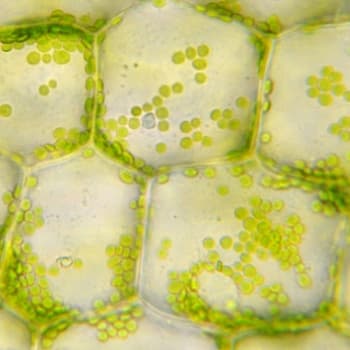

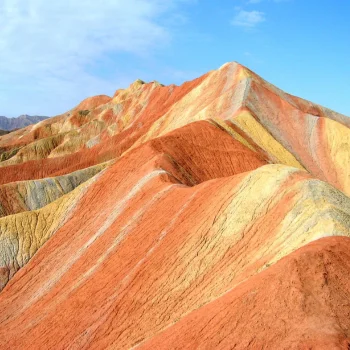
Responses